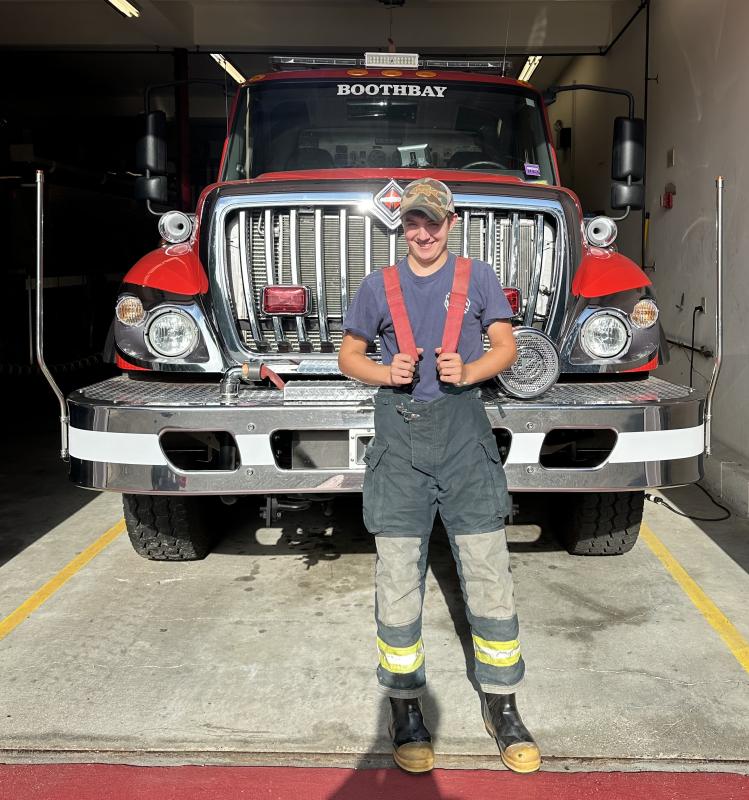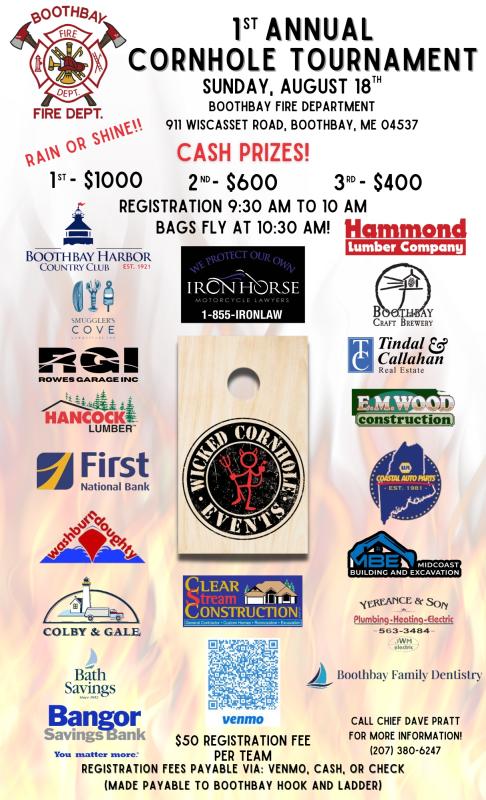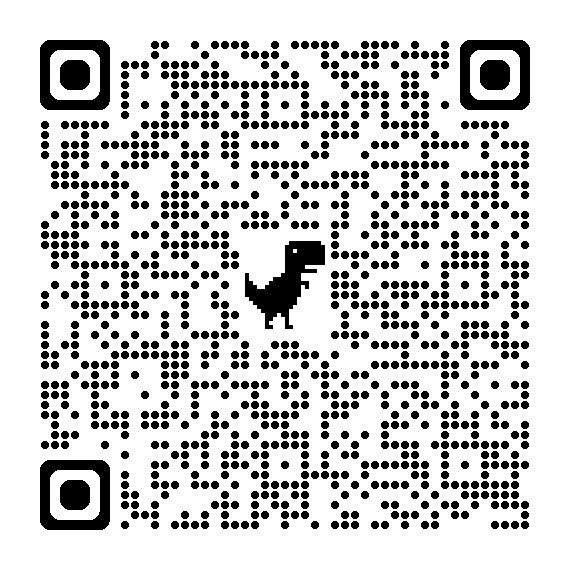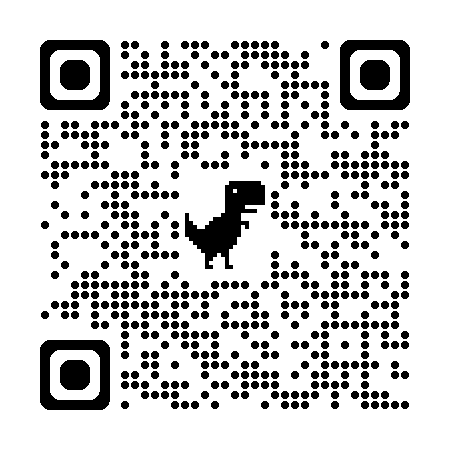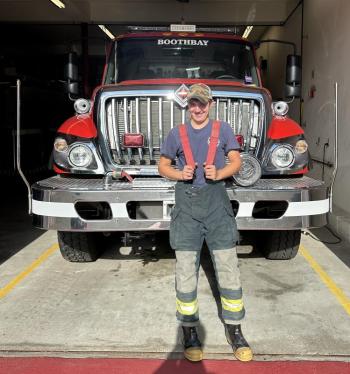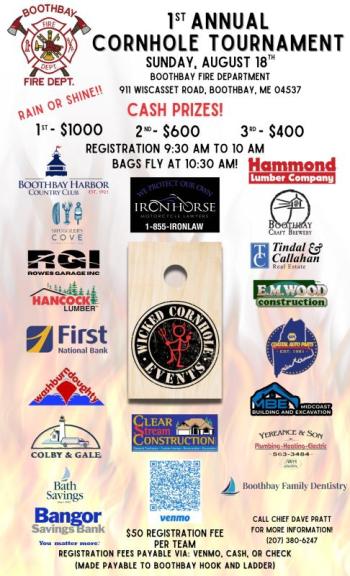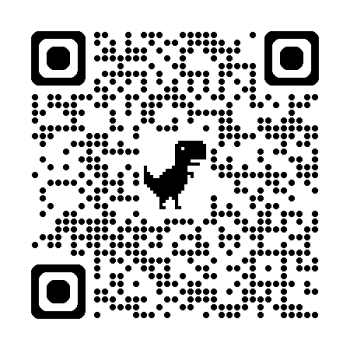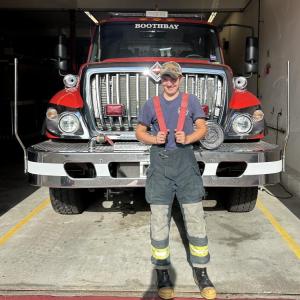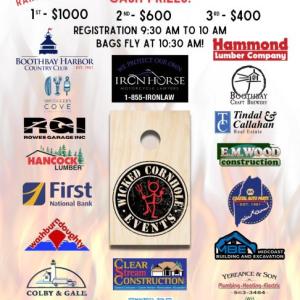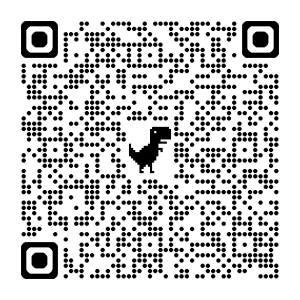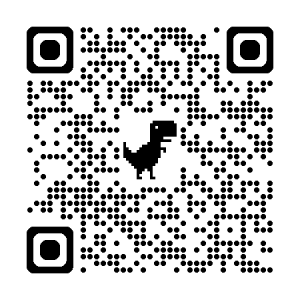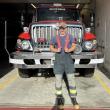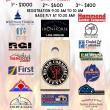Grill and barbecue safety
In this edition of the Chief’s Corner, we will highlight grill and barbecue fire safety, and continue our Boothbay firefighter profile series. Today we are featuring Nick Giles, a 17-year-old junior firefighter entering his senior year at Boothbay Region High School. Our junior firefighter program allows young adults ages 15-18 to participate in fire department activities, such as attending monthly meetings, truck and fire equipment safety checks, participating in training sessions and in certain situations responding to fire and rescue incidents.
Junior firefighters are supervised by our Boothbay Fire officers and leaders, and this program is invaluable in terms of providing these junior fire fighters with an exposure to the fire service, as well as the opportunity to learn and be mentored by more senior fire service members.
In the short two years that Nick has been a part of the program Nick has taken on increasingly levels of responsibility and gained valuable experience. Nick is currently the captain of the junior firefighting program, overseeing 6 junior firefighters, and recently has been cleared in Basic Firefighting which took over 120 hours and included training in the foundational aspects of firefighting, culminating with Nick performing fire attack exercises in full gear in a “live fire” training facility with temperatures exceeding 700 degrees.
Nick has a tremendous work ethic, starting his own business in landscaping and spends his spare hours assisting the department with several critical fund-raising activities and community educational and outreach programs.
On a personal note and having the privilege of watching him grow and build his confidence over the last two years, Nick exemplifies the very best qualities of a firefighter; unwavering commitment and pride in serving our community, a true team player who always looks to help others, and someone who can be trusted to do what they say they will do.
Boothbay Fire & Rescue Firefighter Profile Nick Giles
Years at Boothbay Fire: 2
Role at Boothbay Fire: Junior Firefighter
Full-time employer: Senior at Boothbay Region High school, and I formed my own business - Giles Landscaping
Why did you join the fire service?: I joined the Fire Department to give back to the community I live in and help others in their time of need. I have had the opportunity to participate in several fire and rescue incidents, assisting our fire members and supporting fire and rescue operations, which gives me a sense of great pride that I am working as part of a team and helping our community.
What do you like about the fire service?: I’d have to say my favorite thing about the fire service is how much you learn by repetition and doing it yourself (with guidance and advice from senior members). Also, the relationships that are built within the fire service do not compare to any other relationships you build anywhere else. Each member is often reminded that as a department we are there for our community if they need help, so we need to train and support one another in order to be successful.
What have you learned since joining?: I started out in 2022 as someone who was completely green to the fire service. I have since completed several key fire and rescue training programs conducted by our department, and in June completed Basic Fire Training program which took over five months, and which allows you to be an interior firefighter. I am excited that when I turn 18, I will be able to officially become a full-fledged firefighter, and work side by side in actual fire and rescue situations with the officer and fire service members who trained me.
Grill and Barbecue Safety
Many people enjoy barbecuing in the summer months, and there’s nothing like outdoor grilling. It’s one of the most popular ways to cook food. But when grills are not used safely, things can go horribly wrong. Every year, fire departments respond to thousands of fires involving grills, hibachis, and barbecues. These fires also cause serious injuries and property damage.
The National Fire Protection Association (NFPA), reports around 64% of U.S. households own at least one outdoor BBQ, grill or smoker, and gas grills contribute to a higher number of fires than charcoal grills. Additionally, the NFPA reports 61% of households own a gas grill, and on average, 10,200 home fires are started by a grill each year. In 2017-2021, U.S. fire departments responded to an average of 11,421 home fires involving grills, hibachis, or barbecues per year, including an average of 5,763 structure fires and 5,659 outside or unclassified fires. Grills also cause serious medical emergencies and injuries, and during this same time, an average of 22,155 patients per year went to emergency rooms because of injuries involving grills, with nearly half (10,342 or 47%) of the injuries were thermal burns, including both burns from fire and from contact with hot objects.
With that in mind, each type of grill can pose its own unique challenges and risks that you should carefully consider.
Propane grills present an enormous fire hazard, as the Consumer Product Safety Commission (CPSC) notes that thousands of fires result annually from their misuse or malfunction. The following precautions are recommended specifically when using propane grills:
- Store propane tanks outdoors and never near the grill or any other heat source. In addition, never store or transport them in your car’s trunk.
- Make sure to completely turn off the gas after you have finished, or when you are changing the tank. Even a small gas leak can cause a deadly explosion.
- Check for damage to a tank before refilling it, and only buy propane from reputable suppliers.
- Never use a propane barbecue grill on a terrace, balcony or roof, as this is dangerous and illegal.
- No more than two 20-pound propane tanks are allowed on the property of a one- or two-family home.
- To inspect for a leak, spray a soapy solution over the connections and watch for bubbles. If you see evidence of a leak, reconnect the components and try again. If bubbles persist, replace the leaking parts before using the grill.
- Make sure connections are secure before turning on the gas, especially if the grill hasn’t been used in months. The most dangerous time to use a propane grill is at the beginning of the barbecue season.
- Ignite a propane grill with the lid open, not closed. Propane can accumulate beneath a closed lid and explode.
- If you smell gas while grilling, immediately get away from the grill and call the fire department
- When finished, turn off the gas first, and then the controls. This way, residual gas in the pipe will be used up.
Charcoal grills pose a very serious poisoning threat due to the venting of carbon monoxide (CO). These grills can also be a potential fire hazard. Follow these precautions when using charcoal grills:
- Never use a charcoal grill indoors, even if the area is ventilated. CO is colorless and odorless, and you will not know you are in danger until it is too late.
- Use only barbecue starter fluid to start the grill, and don’t add the fluid to an open flame. It is possible for the flame to follow the fluid’s path back to the container as you're holding it.
- Let the fluid soak into the coals for a minute before igniting them to allow explosive vapors to dissipate.
- Charcoal grills are permitted on terraces and balconies only if there is at least 10 feet of clearance from the building, and a water source immediately nearby, such as a hose (or 4 gallons of water).
- Be careful not to spill any fluid on yourself and stand back when igniting the grill. Keep the charcoal lighter fluid container at a safe distance from the grill.
- When cleaning the grill, dispose of the ashes in a metal container with a tight lid, and add water. Do not remove the ashes until they have fully cooled.
- Fill the base of the grill with charcoal to a depth of no more than 2 inches.
Electric grills are probably safer than propane and charcoal grills, but safety precautions need to be used with them as well. Follow these tips when using electric grills:
- Do not use lighter fluid or any other combustible materials.
- When using an extension cord, make sure it is rated for the amperage required by the grill. The cord should be unplugged when not in use, and out of a busy foot path to prevent tripping.
- As always, follow the manufacturer's instructions.
With the proper precautions taken before, during, and after the use of a grill, you will have an enjoyable and safe experience. No matter the type of grill you use, here are some additional general suggestions and tips to consider:
- Always make sure that the grill is used in a safe place, where children and pets won't touch or bump into it. Keep children and pets at least three feet away from the grilling area
- If you use a grill lighter, make sure you don't leave it lying around where children can reach it. They will quickly learn how to use it.
- Please keep in mind that the grill will still be hot after you finish cooking, and anyone coming into contact with it could be burned.
- Never leave the grill unattended, as this is generally when accidents happen.
- Keep a fire extinguisher or garden hose nearby.
- Ensure that the grill is completely cooled before moving it or placing it back in storage.
- Ensure that the grill is only used on a flat surface that cannot burn, and well away from any shed, trees or shrubs.
- Clean out the grease and other debris in the grill periodically. Be sure to look for rust or other signs of deterioration.
- Don't wear loose clothing that might catch fire while you're cooking.
- Use long-handled barbecue tools and flame-resistant oven mitts.
- Keep alcoholic beverages away from the grill; they are flammable!
Happy grilling, and in our next column we will focus on wildland fires and measures you can take as a homeowner.
As always please feel free to reach out to me with any questions you may have at Chief@Boothbayfire.org, or on my cell phone at 207-380-6247.

